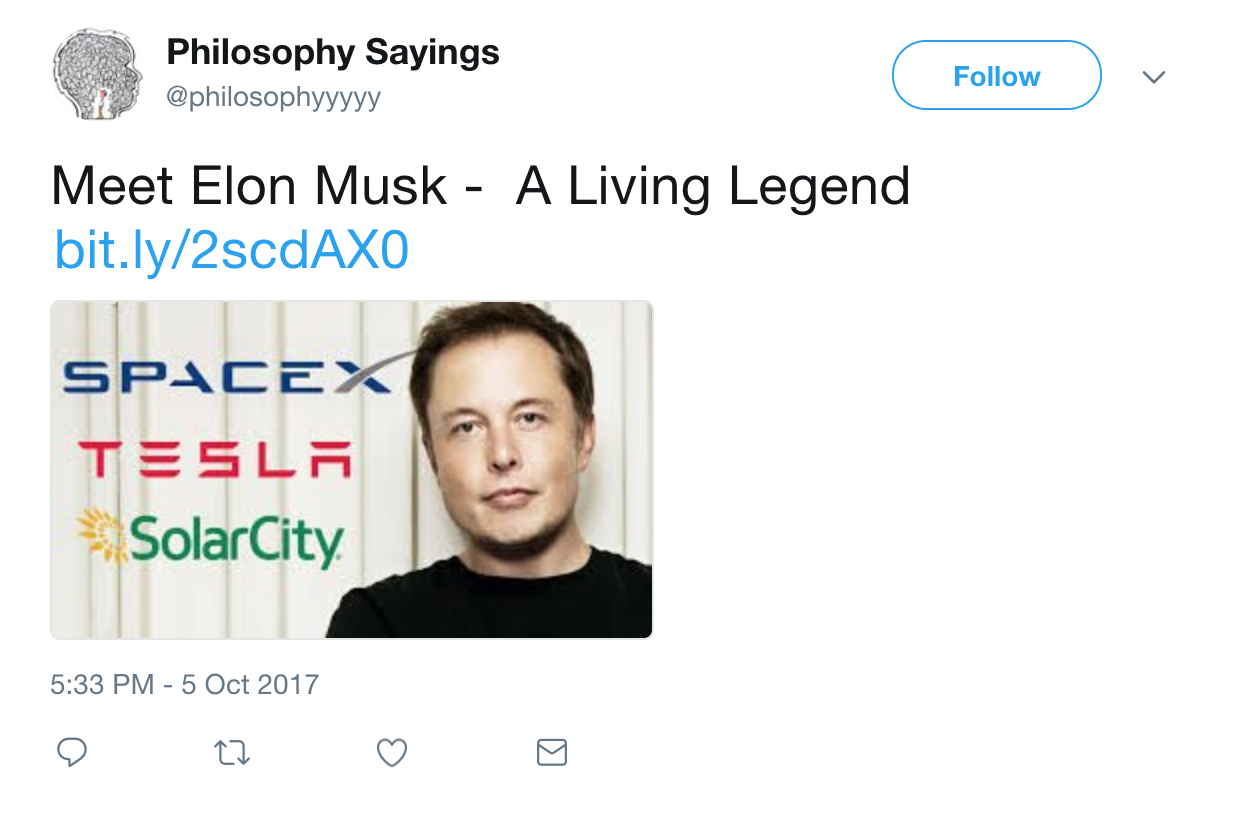
Can we live on Mars? Will our tears soon produce electricity? NBN explains in this week’s science news.
Elon Musk proposes life on Mars

Elon Musk is up to what now?
Last weekend at the International Astronautical Congress, Elon Musk vocalized his plans to make humans an interplanetary species. He believes the technology SpaceX is developing could get us there as soon as 2024.
If you want to hear all the technical mumbo jumbo about SpaceX’s plans, click here for video of Musk’s speech.
Sure, we can get to Mars, but how are we supposed to live there?
Dubai has an answer. On Sept. 26, the Crown Prince of Abu Dhabi and the Prime Minister of Dubai announced plans for the Mars Science City - a development in the middle of the desert organized to try to mimic life on mars. As part of a bigger goal to reach Mars by 2117, the United Arab Emirates is developing this “city” to better understand and predict how life would operate on Mars. The center will include laboratories to simulate the rough climate of Mars as well as labs for food, energy, and water.
Cry no more – Tears can be used to generate electricity

Now what’s this about tears and energy?
On Oct. 2, a team of Irish scientists published a report explaining how lysozyme, a protein found in egg whites and in the tears, milk and saliva of mammals, can be used to produce electricity. This occurs through a quality known as direct piezoelectricity.
Electricity from pie???
We wish. No, direct piezoelectricity is a quality found in some materials, such as quartz, that allows the material to generate electricity when pressure is applied. This phenomenon has already been used in some technology such as ultrasounds and vibrators in cell phones, but scientists are excited to discover the potential uses of lysozyme because it is nontoxic and can therefore have much wider applications such as electroactive, anti-microbial coatings for medical implants.